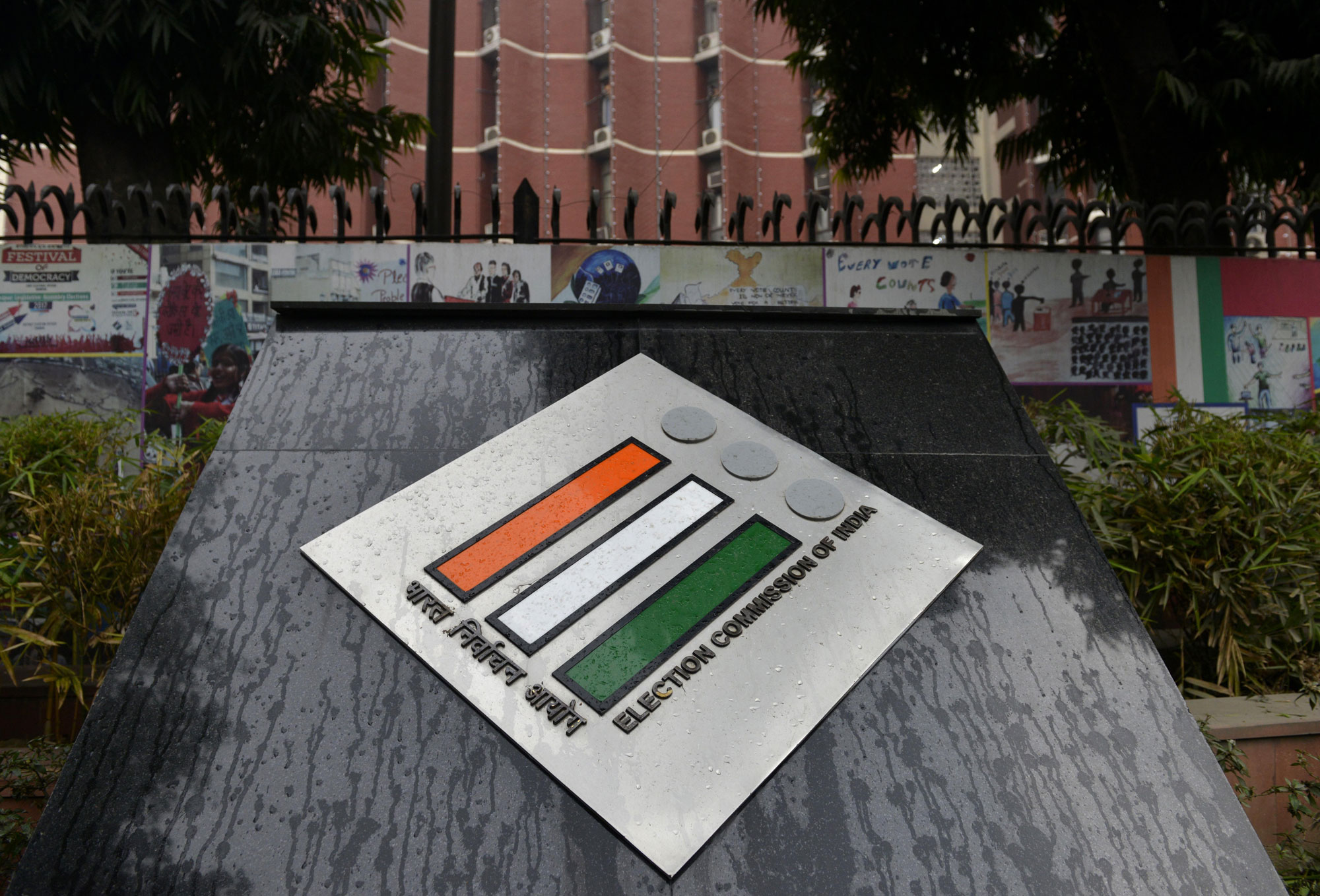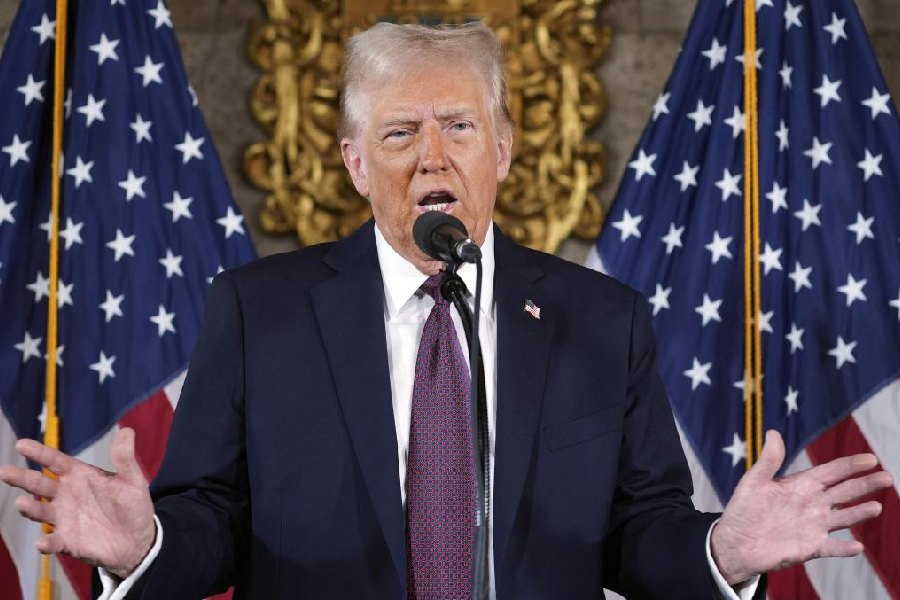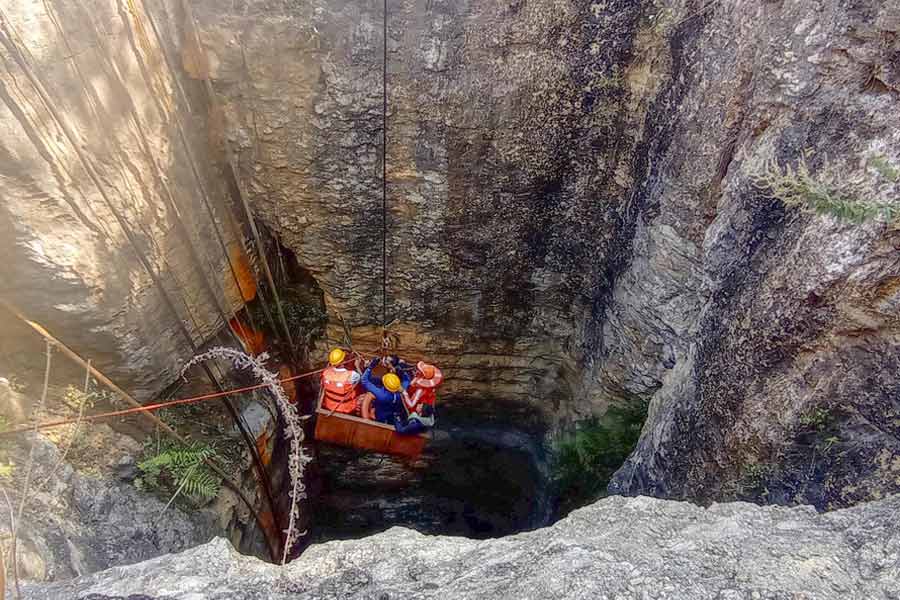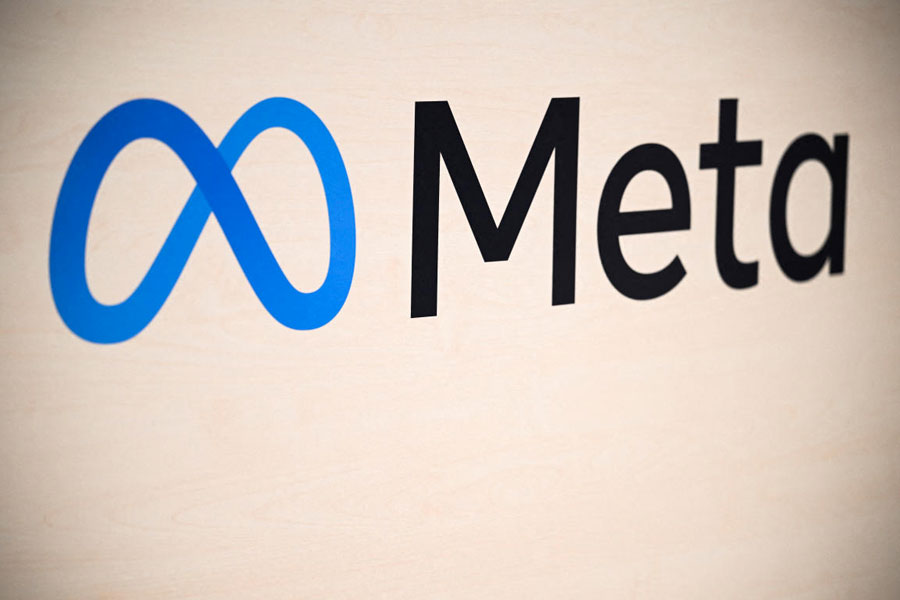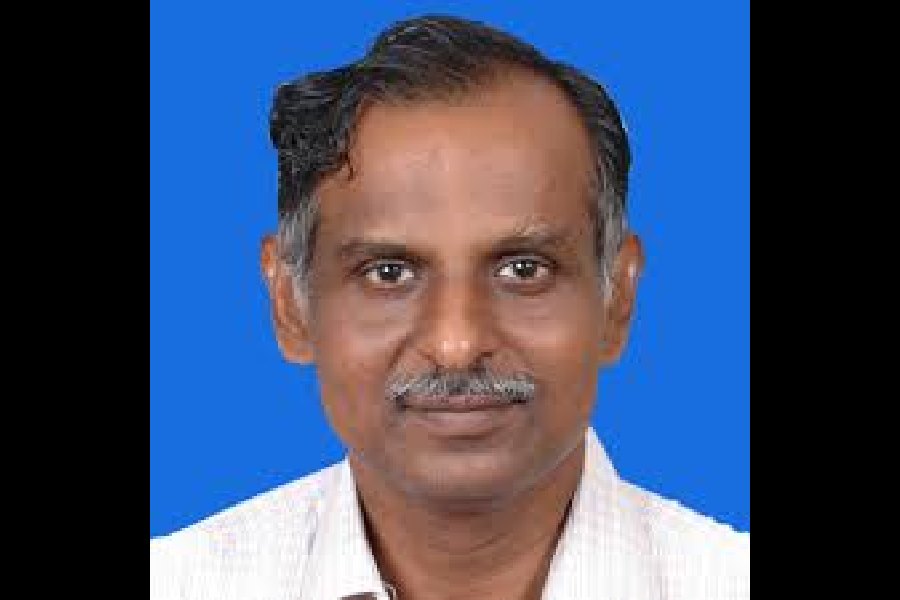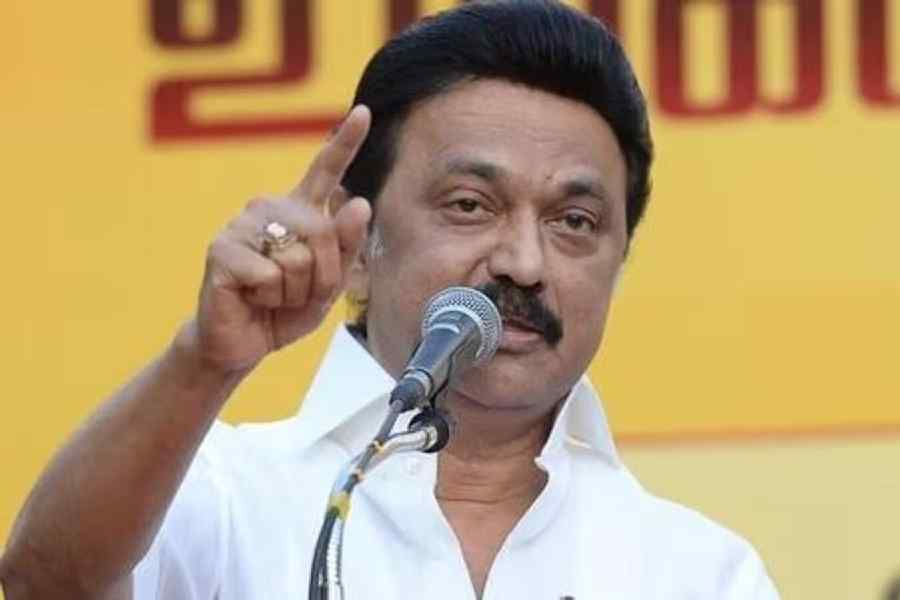The Election Commission has asked three of eight recognised national parties to show cause why their status should not be revoked.
Any revocation of the status would mean the party affected would have to apply in every election for use of its symbol across the country.
The CPI, which has fought on the same corn-and-sickle symbol since independent India’s first election in 1951-1952; the Nationalist Congress Party and the Trinamul Congress have time till August 5 to respond.
The poll watchdog classifies all registered parties as recognised or unrecognised, depending upon the number of votes and seats they win.
The recognised parties are further categorised into national or state parties.
Any party that is a state party in at least four states, or has at least a 6 per cent vote share in the previous Assembly or general election from at least four states in addition to four Lok Sabha MPs, or at least 11 Lok Sabha MPs from not less than three states is considered a national party. There are similar criteria for the status of a state party.
The CPI, one of the oldest among the eight national parties at present, won only two seats in this year’s April-May parliamentary elections, both from Tamil Nadu.
Mamata Banerjee’s Trinamul, which rules Bengal, won 22 seats from the state but drew a blank elsewhere.
The Sharad Pawar-headed NCP won five seats, four of them in Maharashtra and one from Lakshadweep.
The status of a national party allows a party to contest on the same symbol throughout the country, apart from other privileges.
A senior commission official told The Telegraph the CPI qualifies as a state party in Kerala, Tamil Nadu and Manipur — or one state fewer than what is required to qualify as a national party.
The NCP, the official said, now qualifies as a state party in Maharashtra and Nagaland, and Trinamul — which became a national party in 2016 — in Bengal, Manipur and Tripura.
But the status of the NCP outside Maharashtra and of Trinamul outside Bengal may shrink in the future as they have both been wiped out from the Northeast in the recent polls.
After the 2014 Lok Sabha elections, the CPI, NCP and the BSP had been sent similar notices, but the commission modified the rules in 2016 to give parties time till the next Lok Sabha or Assembly polls to retain their status.
The BSP managed to salvage itself in the 2019 polls and Trinamul is likely to benefit from the same modified rules.
The parties are likely to seek time till the upcoming Assembly polls in Maharashtra, Haryana and Jharkhand. The NCP is on the weakest wicket, as it needs to perform well in both Haryana and Jharkhand — where it does not have a presence — apart from Maharashtra.
The CPI may stand a chance if it is given adequate seats in the Opposition alliance in Jharkhand.
However, the EC source claimed the CPI and the NCP are unlikely to be given any further leeway, as the matter may be decided in August itself.
The CPI’s national council meeting concluded on Sunday and its Rajya Sabha MP D. Raja replaced S. Sudhakar Reddy as general secretary. Raja did not respond to calls and messages.
A source confirmed that the issue of national party status was discussed at the meeting.
NCP chief spokesperson D.P. Tripathi told The Telegraph: “The party leadership will be meeting on Monday and Tuesday to discuss the matter.”
Asked about the issue of national party status, Trinamul’s leader in the Rajya Sabha Derek O’Brien questioned the manner in which the EC is appointed. A government should not appoint the EC but a collegium, he said.
Even if a party loses its status, it can continue to use its symbol as a state party across the country, provided it applies to the Election Commission in every election not more than three days after the polls have been notified.
It can continue to use its symbol for six years after it loses its state party status.
Symbols of former recognised parties are rarely given to any other party. In the first Lok Sabha polls, there were 14 national parties, including the now-defunct All India Forward Bloc (Ruikar), which had the hand symbol; Kisan Mazdoor Praja Party (house); Akhil Bharatiya Ram Rajya Parishad (rising sun); All India Scheduled Castes Federation (right-facing elephant), and the Bolshevik Party of India, which had the symbol of a star.
The Congress and the Lok Janshakti Party now use modified versions of the hand and house symbols. Mayawati’s BSP uses the symbol of a left-facing elephant.
Only two parties use the symbols of former national parties.
The Dravida Munnetra Kazhagam has the symbol of the rising sun while the Mizo National Front uses the star as its symbol.

